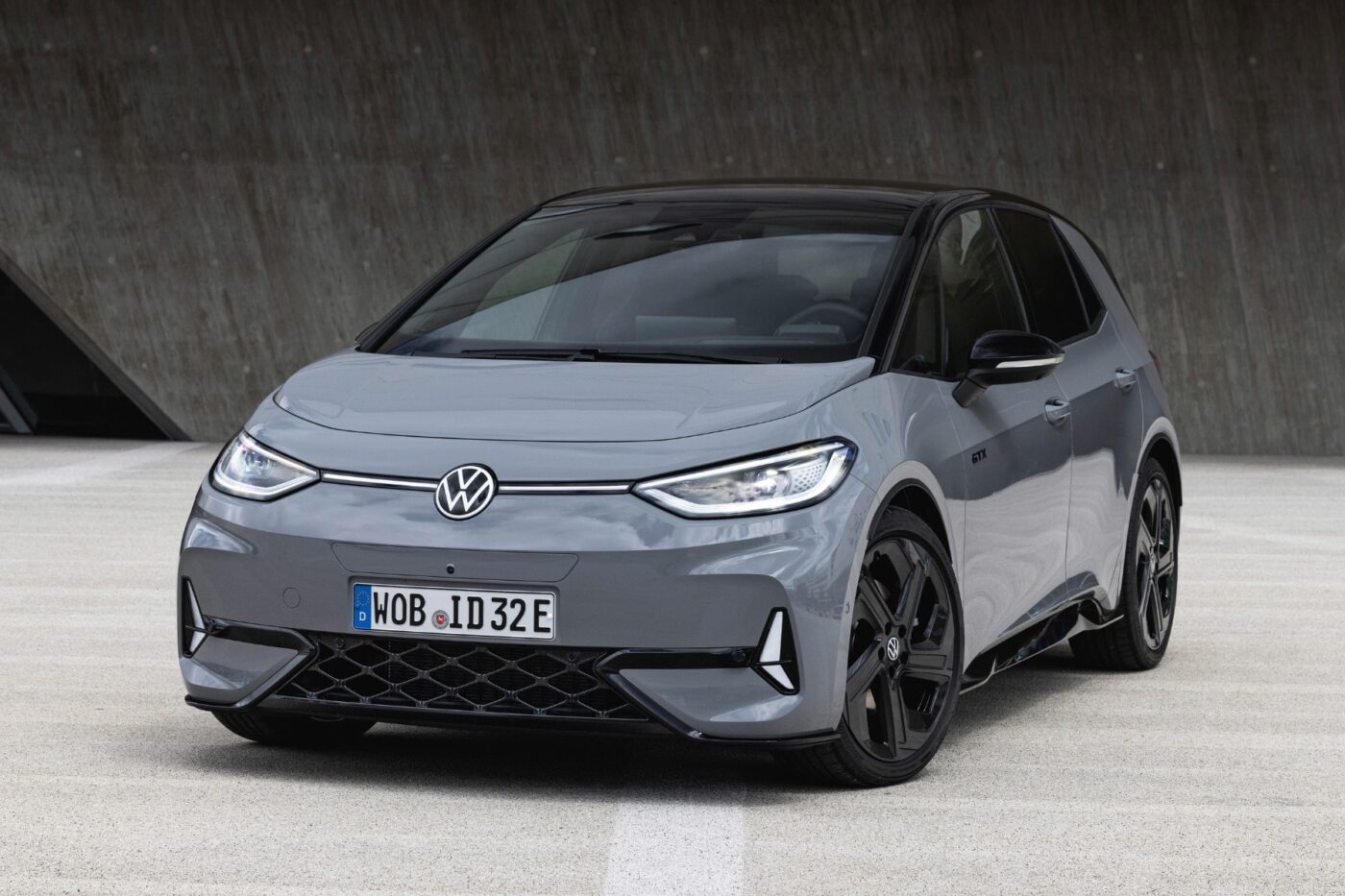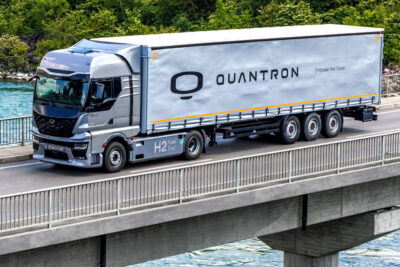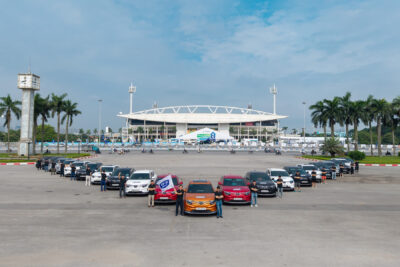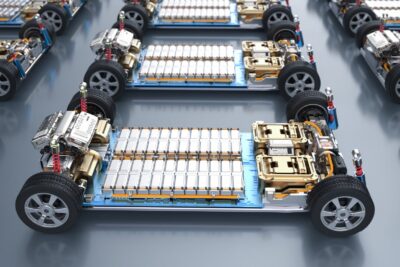Automotive Innovations Award 2025: VW returns to the top
The Centre of Automotive Management (CAM) in Bergisch Gladbach, Germany, has published the results of its annual innovation study, which has been published since 2011 and now focuses on e-mobility in particular. After the Wolfsburg-based company had to relinquish its leading position to BMW last year and slipped to sixth place, Volkswagen returned to the top of the ‘Automotive Innovations Award’ this year.
The electric car pioneers from Tesla are steadily losing the leading position they held from 2016 to 2020, while most innovations now come from Chinese and German companies. When compiling the study, the institute analysed a total of 253 innovations in the field of e-mobility. The majority of these can already be found in the car manufacturers’ model ranges, although some are still pre-series innovations. The CAM industry analysts publish the rankings for volume and premium brands separately.
With an innovation score of 29.4 points, Volkswagen is at the top of the list of volume brands in 2025. Renault follows in second place with 24.4 points, while Kia takes third place with 20.5 points. The CAM Institute attributes VW’s leading role primarily to two models that stand out positively from their competitors.
Thanks to its 79 kWh battery, the ID.3 GTX, the sports version of the electric compact, has a WLTP range of 604 kilometres, which no other electric car in this segment surpasses. The same applies to the charging capacity: Volkswagen has increased this to 185 kW, meaning that 2.1 kWh can be recharged within one minute. According to the study, the Wolfsburg-based company also leads the field in terms of efficiency. The electric flagship ID.7 in the ‘Pro S’ version has an 86 kWh battery, while the standard consumption is just 13.6 kWh – according to the CAM, no competitor is more economical.
Thanks to the new R5 E-Tech Electric, Renault has gained a few places compared to the previous year. Among other things, improved battery technology and the comparatively high charging capacity in the small car segment are responsible for this. However, the decisive factor was, above all, the vehicle-to-grid function of the Zoe successor, the highest-rated innovation of all this year. In some markets, the R5 has already mastered bidirectional charging. It serves as a mobile buffer for the power grid and can also supply your own home with energy if required. CAM also credits the new Kia EV3 with the same function. The compact SUV also offers the longest range in its segment.
Nio takes the lead among premium brands
While German car manufacturers still dominated the premium segment in 2024, this year they have to admit defeat to Nio. The Chinese car manufacturer received an innovation score of 33.5 points, which is due to several innovations. The CAM analysts emphasised the importance of the semi-solid-state battery, which Nio is the first manufacturer to offer in its ET5 and EC7 models. This marks a major step forward in the mid-range segment. The ET5’s record range of 1,055 kilometres is symbolic of this. Added to this are the manufacturer’s new 1,000 volt charging stations, which offer an impressive charging capacity of 640 kW and thus enable ultra-fast charging processes.
Audi takes second place among the premium brands. According to the CAM experts, the two sister models, the A6 e-tron and Q6 e-tron, are primarily responsible for this year’s good performance. Their long ranges and low fuel consumption set new records in the upper mid-range segment. In addition, the Ingolstadt-based company has obviously put a lot of thought into the development – the two charging ports, each located on one side of the vehicle, pay off in everyday life.
Tesla still manages third place in 2025. This is thanks to the economy of the revised Model 3, which consumes just 12.5 kWh per hundred kilometres and thus outperforms the competition in the mid-range segment. The ‘Cyberbeast’, the performance version of the Cybertruck, is also the first electric power pickup. Apart from this, the polarising stainless steel Tesla impresses with its ‘Vehicle to Load’ and ‘Vehicle to Home’ functions.
High level of innovation leads to high market shares
One of the most important findings of the study is that a high level of innovation in the field of e-mobility is also reflected in high sales figures in the long term. This is due to the fact that the most important technical innovations relate to consumption, range and charging time – all of which have a significant impact on everyday life with an electric car and therefore also form the core of the assessment criteria used by the institute to measure the innovative strength of manufacturers.
The results of the analysis are proof of this correlation. From 2016 to 2020, i.e. in the first years analysed, Tesla was clearly in the lead in terms of both global BEV sales and innovative strength. While the latter declined noticeably for the US manufacturer from 2020 to 2024, the company simultaneously lost market share. Conversely, BYD and Volkswagen have been able to significantly increase their innovative strength in recent years, which has also been reflected in corresponding growth in sales figures. Geely is proving to be particularly dynamic: the Chinese manufacturer has been able to significantly expand its innovation performance and is therefore likely to sell significantly more cars in the long term.
Source: Info via email, automotiveinnovations.de





1 Comment